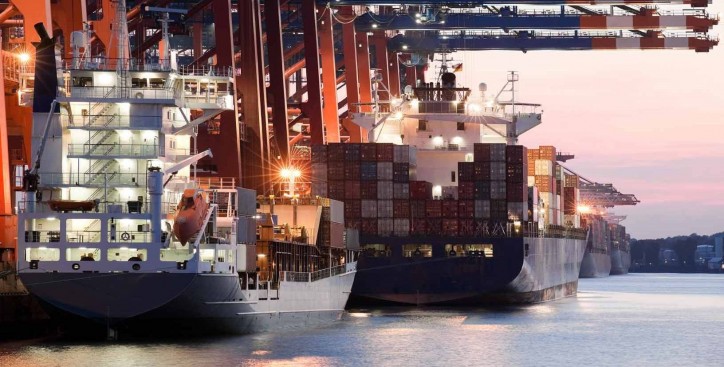APL today announced its highest recorded fleet carbon dioxide emissions reduction of 48% in 2016, compared to its base level in 2009. Verified by Lloyd’s Register Group according to the Clean Cargo Working Group (CCWG) verification protocol and ISO14064-3:2006 standard, this achievement marks APL’s seventh consecutive year of improvements.

“APL is pleased to register our best carbon reduction performance as yet, improving our fleet emission level by about 3%, versus our reduction in 2015. APL prides ourselves as a responsible carrier and will persevere in our pursuits of environmental excellence as we facilitate global trade,” said APL Chief Executive Officer, Nicolas Sartini who champions APL’s sustainability course.
APL’s vessel performance management and maintenance strategy have been pivotal in ensuring that its operations stay efficient and thus green. Through continual improvements in operational efficiencies, fleet and voyage optimisation, as well as the deployment of a fuel-efficient and environmentally-friendly fleet of vessels, APL has successfully lowered its fleet carbon dioxide emission levels annually.
Moving forward, APL aims to reduce carbon dioxide emissions per container transported by 30% between 2015 and 2025, a target set by the CMA CGM Group. APL will also persist with cold-ironing development and pioneer ballast water treatment development, amongst others, by embracing technology innovation, clean energy sources and best practices.
Through stakeholder collaborations and engagements, APL continues to navigate the developments in shipping, monitor its environmental scorecard and stay accessible to solutions for sustainable shipping.
Sartini elaborated, “APL believes that every stakeholder plays a role in protecting our environment. This is also why our sustainability programmes are being extended to our customers so that they too can make a difference in reducing carbon footprint via their shipments with APL. Through collaborative opportunities, we seek to help APL shippers design and manage their green supply chain.”
Source: NOL